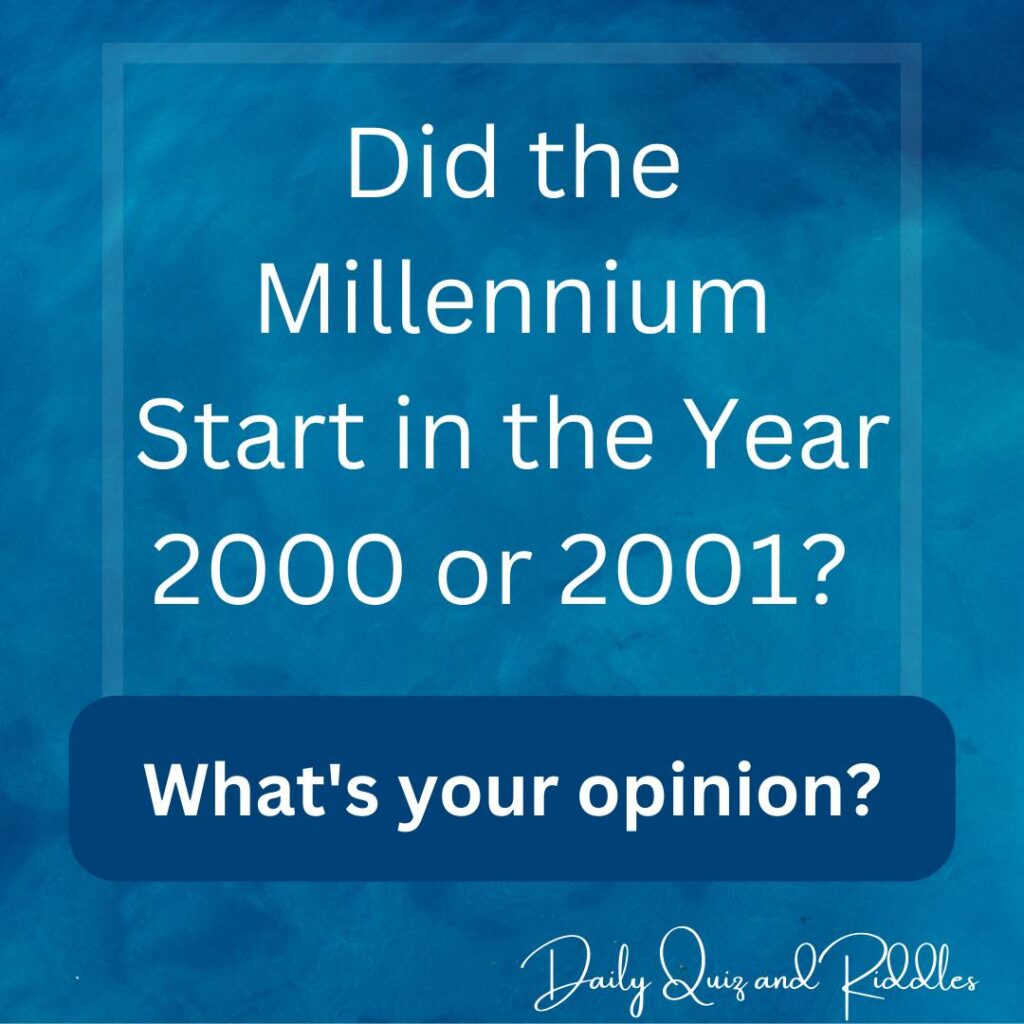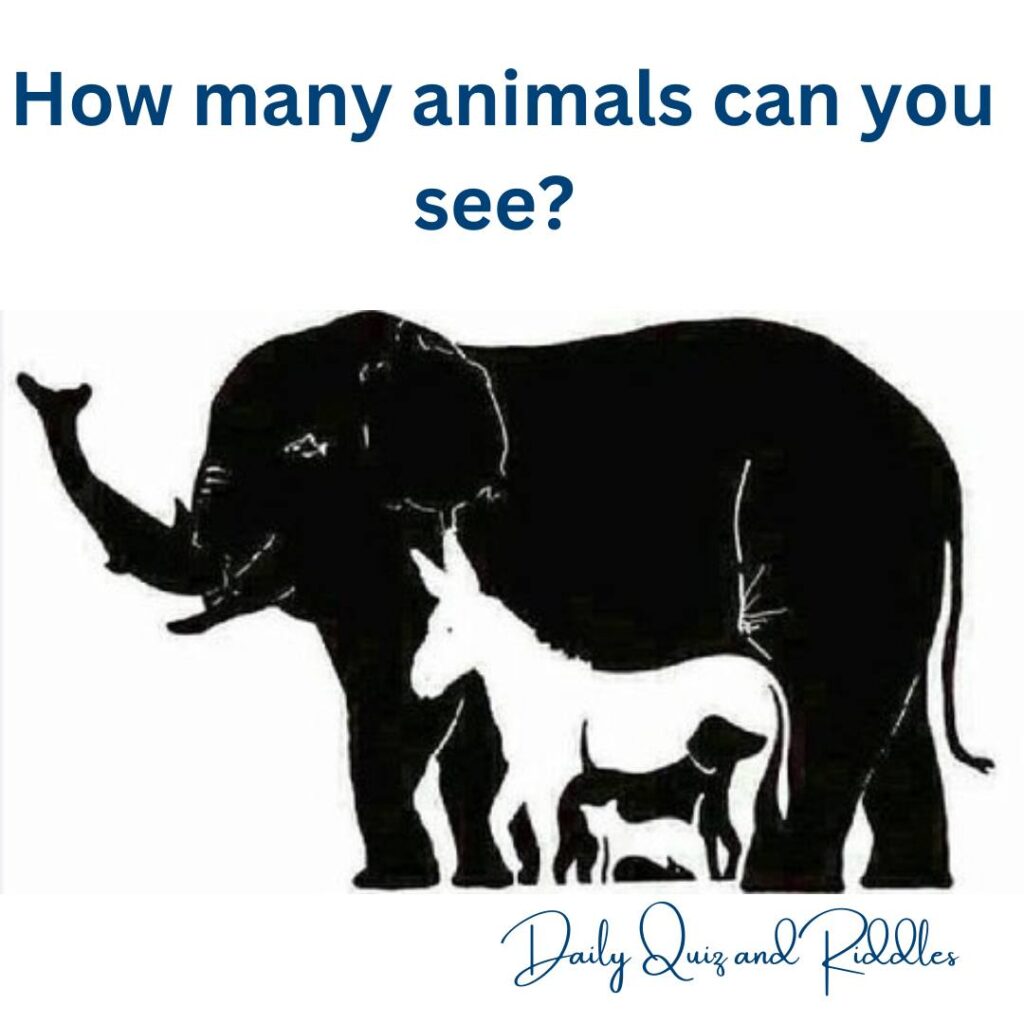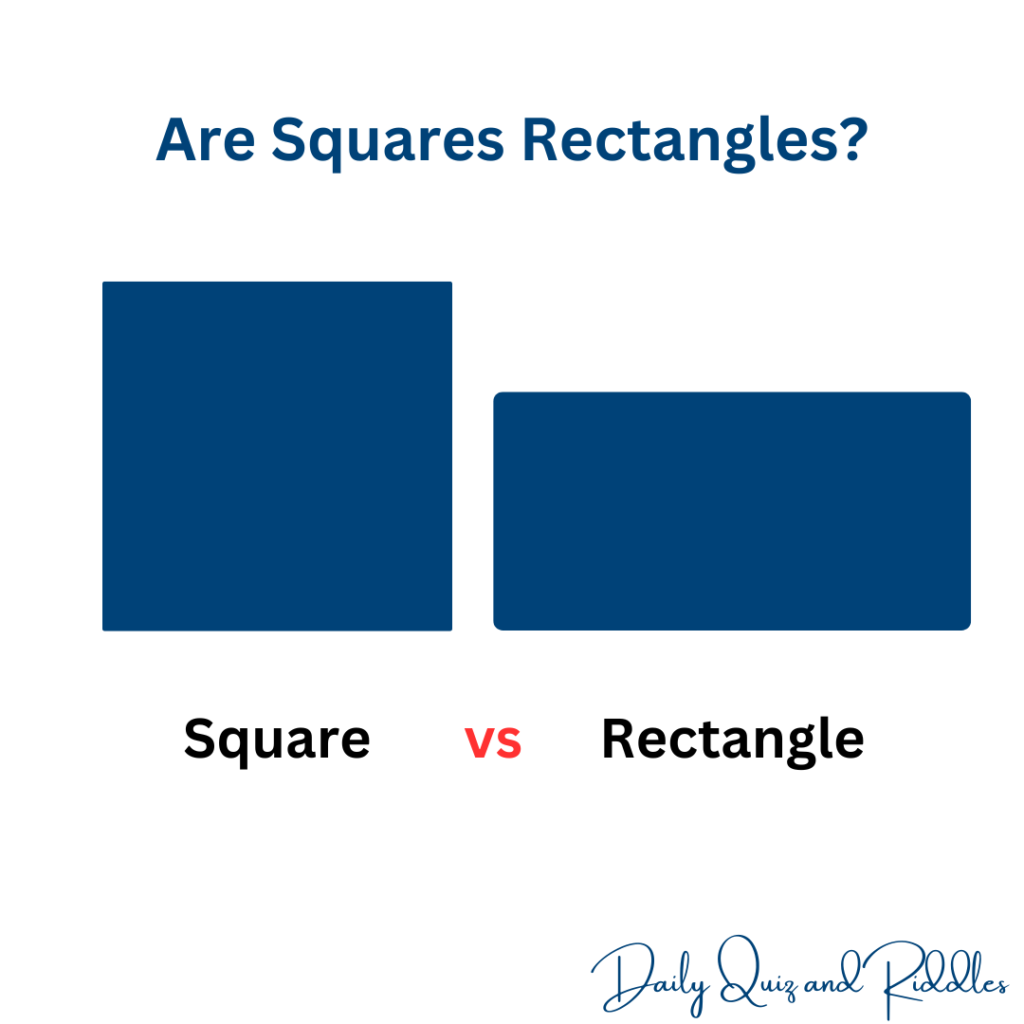Question:
Did the Millennium Start in the Year 2000 or 2001?
Answer:
Let’s find out together below
Explanation
The Millennium! The dawn of a new era, marked by excitement, anticipation, and, of course, a seemingly never-ending debate. Welcome, dear readers, to a thought-provoking discussion surrounding the question that has divided many: Did the new millennium truly commence in the year 2000 or 2001?
Buckle up as we delve into the controversy and explore the arguments from both sides of the aisle.
The Y2K Celebrations:
As the clock struck midnight on December 31, 1999, the world erupted in a global celebration known as the “Millennium New Year.” Festivities unfolded, fireworks illuminated the skies, and millions of people rejoiced, believing they were bidding farewell to the 20th century and welcoming the new millennium. The year 2000 was seen by many as the symbolic turning point, representing a fresh start and a leap into the future.
The Calendar Conundrum:
While the majority of revelers enthusiastically proclaimed the arrival of the new millennium in 2000, a vocal minority argued that the celebration was premature. They maintained that the true milestone would occur a year later, in 2001. Their stance rested upon a fundamental understanding of our calendar system.
The Gregorian Calendar:
To comprehend the debate, we must familiarize ourselves with the Gregorian calendar, the most widely used calendar worldwide. It was introduced by Pope Gregory XIII in 1582 and refined the Julian calendar.
According to the Gregorian system, the calendar counts years consecutively, with the year 1 BCE (Before Common Era) followed by 1 CE (Common Era), and so on.
The Counting Quandary:
Those advocating for the year 2001 as the start of the new millennium argue that the Gregorian calendar does not have a year zero. Therefore, the first century began with the year 1 CE and ended with the year 100 CE. Following this logic, the second century began in 101 CE, and so on. By extension, the new millennium would begin with the year 2001 CE, not 2000.
Historical Precedence:
Proponents of the 2001 argument often refer to past century transitions to support their case. For instance, the 20th century commenced in 1901, not 1900, and similarly, the 21st century started in 2001, mirroring the pattern established by previous centuries.
The Popular Perspective:
On the other side of the debate, the prevailing viewpoint asserts that the year 2000 indeed marked the beginning of the new millennium. They contend that the widespread perception and anticipation surrounding the Y2K celebrations support this claim.
Furthermore, they argue that the calendar’s lack of a year zero is a technicality, and the common understanding among the general population holds more weight.
Resolving the Debate:
Ultimately, the debate surrounding the start of the new millennium boils down to a matter of interpretation. Both arguments present valid points, but the general consensus and popular sentiment widely embrace the year 2000 as the beginning of the new era.
The celebration, cultural significance, and global recognition associated with the turn of the millennium overwhelmingly support this viewpoint.
Conclusion:
As we wrap up this intriguing exploration, we acknowledge the spirited debate surrounding the start of the new millennium. While some advocate for the year 2001 based on the calendar’s counting conventions, the majority of people around the world celebrated and recognized the year 2000 as the threshold to a new era. Perhaps it is this collective human experience and shared perception that hold greater significance in shaping our understanding of historical milestones.
So, dear readers, whether you align with the 2000 or 2001 camp of the Millennium debate, it is important to appreciate the richness of differing opinions and the value of healthy discussions. Ultimately, what truly matters is the significance we attach to the concept of a new millennium and the meaning we derive from it.
As we navigate through the complexities of time, calendars, and human perception, let us remember that historical and cultural events often transcend numerical boundaries. The turn of a century symbolizes progress, reflection, and the collective hopes and aspirations of humanity. It is a time for unity, contemplation, and envisioning a better future.
So, whether you raise your glass to the year 2000 or 2001, let us celebrate the spirit of the new millennium and embrace the opportunity it presents for growth, understanding, and shared experiences. In the grand tapestry of history, the debate over the exact starting point may fade, but the impact of the new millennium on our lives will endure.



